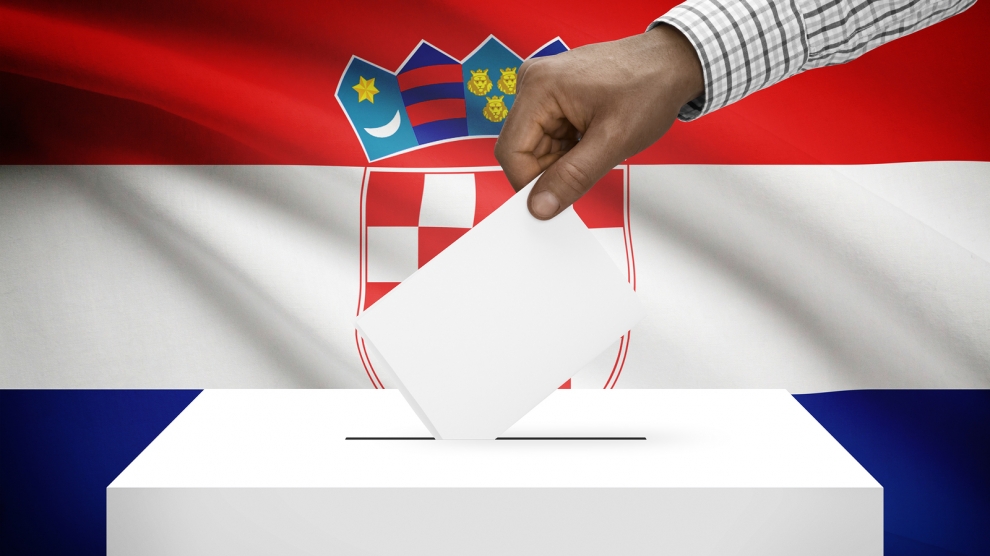Croatia’s parliament has approved a controversial law which covers the financing of political activities, election campaigns and referendums.
Members of conservative MOST party walked out of parliament before the vote, after having submitted a record of 888 amendments to the bill. According to MOST, the new bill’s sole purpose is to fill the ruling HDZ party’s coffers ahead of the coming elections for the European parliament.
“It was unnecessary, nonsensical and contrary to citizens’ interests,” said Prime Minister Andrej Plenković. “I can see that attempts are being made to undermine something that is rational and necessary for the entire campaign for the European elections to gain appropriate visibility and for more funds to be secured for it.”
MOST found evidence for its claim in the provision which raises the allowed amount for campaigning in elections for the European parliament from 1.5 million kuna (203,000 euros) to a maximum four million (542,000 euros) per slate.
Mr Plenković said that he has already campaigned twice for the European elections, which are very long and that the funding for them is below the minimum necessary to raise awareness about European elections and European topics.
The government also insisted that the new law will create conditions for the more efficient supervision of financing and greater transparency by introducing an information system to supervise the financing of political activities and election and referendum campaigns.
In the meantime, several NGOs are protesting against the new legislation, which is considered harmful in terms of its content and for the Croatian political culture.
“So far, political parties in Croatia had complied with the good practice guidelines set by the Venice Commission not to change election legislation just before elections.” commented Goran Čular, a member of the GONG, and NGO.
“In Europe such things are done relatively rarely. The bill on the financing of political activities contains some provisions whose impact on the election process is greater than the impact of the election law itself.”

